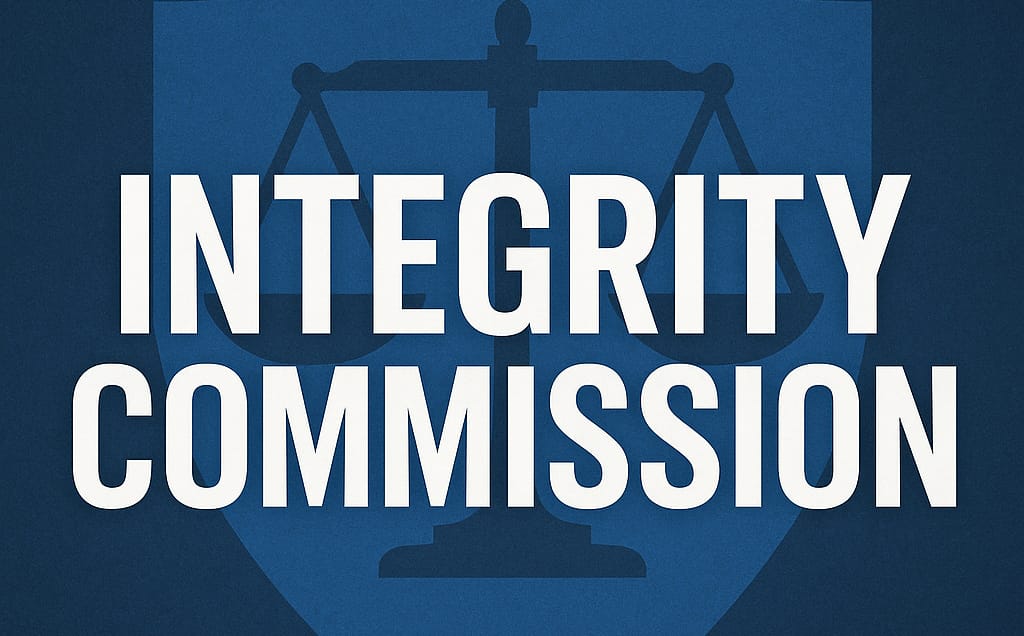Antigua and Barbuda’s Integrity Commission has come under intense criticism in a recent U.S. government report, which highlights its inability to effectively enforce anti-corruption laws. The 2025 Investment Climate Statement, published by the U.S. Department of State in September, underscores the commission’s independence but points to severe operational challenges, including understaffing and insufficient resources. These limitations have hindered its capacity to thoroughly investigate complaints and enforce the Integrity in Public Life Act, which mandates public officials to disclose their income, assets, and gifts received during their tenure. The commission, appointed by the governor general, is also responsible for addressing violations of the Prevention of Corruption Act. However, the report notes that allegations of corruption are rampant, with both major political parties frequently accusing each other, yet investigations rarely yield tangible results. Critics have voiced concerns to U.S. officials, arguing that the Integrity Act is inadequately enforced and requires strengthening. Additionally, the report highlights deficiencies in the country’s Freedom of Information Act, which, in theory, grants citizens access to government documents. In practice, however, residents often face difficulties obtaining records due to funding constraints rather than deliberate obstruction. Antigua and Barbuda is a signatory to both the Inter-American Convention against Corruption and the United Nations Convention Against Corruption (UNCAC). While the government claims to apply criminal penalties in proven cases of corruption, the report concludes that enforcement remains weak, raising questions about the nation’s commitment to combating corruption effectively.
Integrity Commission Under Fire in U.S. Report on Antigua and Barbuda
